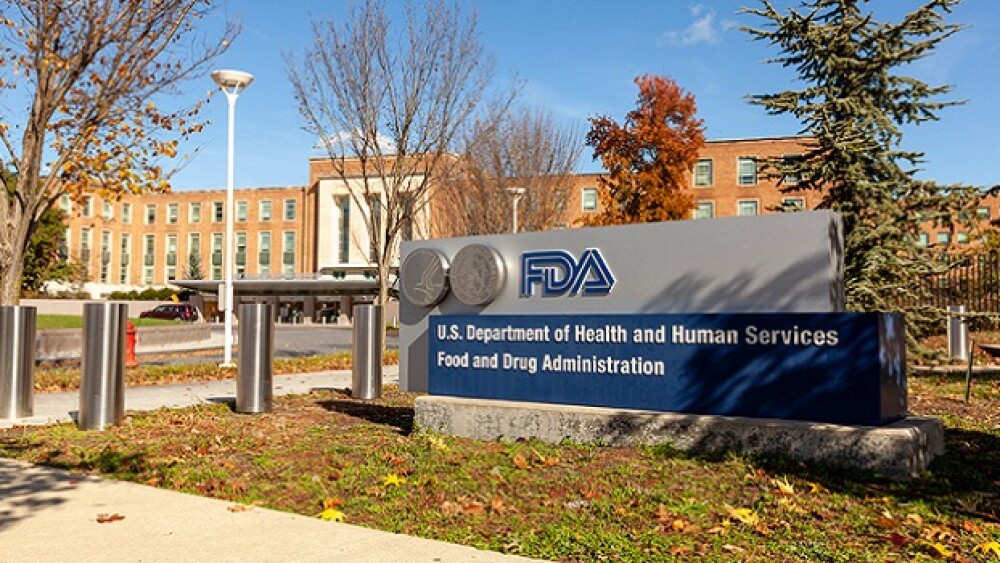Therorna brought in $42 million to advance its circular RNA platform, while Carbon Biosciences banked $38 million to develop therapies for genetic diseases, beginning with cystic fibrosis.
Investors have poured $80 million into two successful Series A financing rounds. The new funds will go to advance circular RNA (circRNA) technology-based treatments and vaccines and gene therapies for diseases like cystic fibrosis.
China’s Therorna Nets $42M to Advance circRNA Tech
China-based biotechnology firm Therorna received $42 million from its Series A, co-led by MSA Capital and an unnamed industrial investment firm. This was buffed up by capital injections from 3H Health Investment, Sherpa Healthcare Partners and existing investors Cenova Capital and Quan Capital.
In a statement, Therorna said the new funds will be used to further develop its product pipeline and technology platform. The company is leveraging its proprietary circRNA tech platform to create next-generation therapies and vaccines, particularly novel prophylactics and treatments for SARS-CoV-2, its variants and other diseases with high unmet medical needs. Therorna has, so far, raised more than $60 million for its development projects, having received funding from earlier pre-A rounds and angel investors.
“We are confident in the potential of circRNA technology for drug development in the area of protein expression and regulation,” Yu Zeng, founder and managing partner of MSA Capital said. “Compared with linear RNA, circRNA boasts breakthroughs in expression, stability, immunogenicity and production. In terms of the technology, Chinese scientists have proven their internationally recognized capabilities at innovation and efficient transformation.”
Carbon Biosciences Reels in $38M for Gene Therapy Platform
Carbon Biosciences raised $38 million from its recently concluded Series A funding round, the bulk of which will be used to finance therapy development efforts for genetic diseases.
Carbon is working on harnessing novel parvovirus vectors that can deliver large volume gene therapy payloads with a minimal negative impact on immunity, starting with cystic fibrosis.
“Carbon’s novel platform addresses key challenges with AAV and non-viral based therapies. Our lead program is the first gene therapy program demonstrating tissue tropism to the lung with the capacity to deliver the full length CFTR gene and an appropriate promotor,” John F. Engelhardt, Ph.D., director at the Center for Gene Therapy at the University of Iowa, whose research is the basis for the company’s projects, commented.
Carbon President and Chief Executive Officer Joel Schneider, Ph.D., added that the funds raised would mostly go toward the first jointly funded program, which it launched alongside the Cystic Fibrosis Foundation and Longwood Fund. The foundation invested $6 million in Carbon to support its research and development projects.
“Our vision is to enable a new generation of genetic medicines with differentiated vectors that have the potential to address the immunological, targeting and payload limitations inherent in current viral and non-viral delivery technologies,” Schneider noted.





